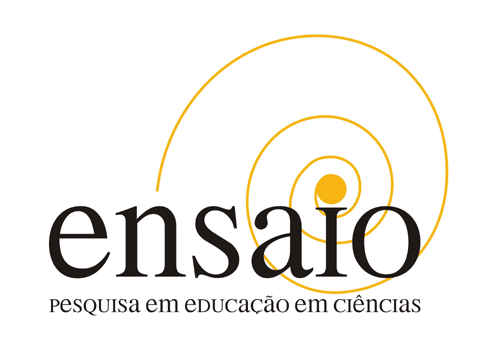It is intrinsic to human beings to get to know the objects and the phenomena around reality, through a perspective that, by the way, refers to a paradigm that brings along an epistemology. In this context, this article aims at raising some principles and assumptions of the tradi tional and the emerging paradigm, whereas presenting some implications of these two paradigms in Education. This work was developed through bibliographic research and is part of the master's dissertation, defended in the 1st half of 2009, by the first author in the Programa de Pós- Graduação em Educação da Pontifícia Universidade Católica de Minas Gerais. In the end, it was concluded that although we are living a time of paradigmatic changes, we still have much of the Cartesian-Newtonian paradigm, however, the emergence of new problems from the dynamics of reality poses the challenge of transformation in our way of being and acting, with an attempt to (re)build a more human and diverse knowledge.
Traditional paradigm; emerging paradigm; education
